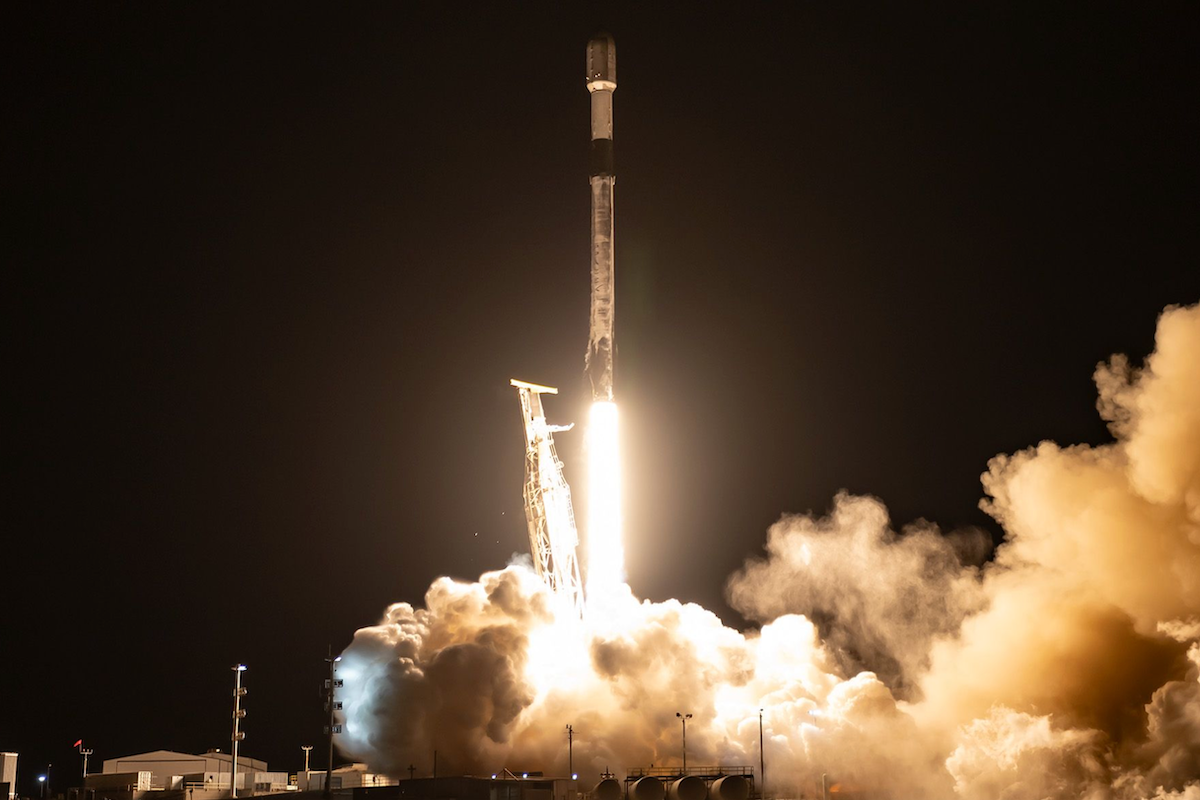SpaceX, the aerospace company led by Elon Musk, has filed a lawsuit against the California Coastal Commission, alleging unlawful overreach of its authority. The suit was lodged on October 15 in the U.S. District Court for the Central District of California and follows a public hearing where the commission denied SpaceX’s request to increase the number of rocket launches from Vandenberg Space Force Base from 36 to 50 annually.
SpaceX contends that the commission’s decision-making has been influenced by political motivations rather than regulatory considerations.
During the commission’s meeting on October 10, the United States Air Force proposed the increase in launches, suggesting that it could support the expansion of Musk’s Starlink satellite system.
The discussions revealed concerns among commissioners about Musk’s political affiliations, especially in light of his recent public appearances with former President Donald Trump. Commissioner Mike Wilson voiced his worries about Musk’s substantial influence, noting that he oversees a vast global communication network while engaging in politically charged rhetoric.
The commission’s chairwoman, Caryl Hart, criticized Musk for his active role in the presidential race and for expressing his political views openly. Similarly, Commissioner Gretchen Newsom condemned Musk’s statements regarding California’s anti-discrimination laws, suggesting that these actions raised doubts about his motivations for seeking increased governmental support for SpaceX’s launch activities.
Such focus on Musk’s political leanings underscored their impact on the commission’s decision regarding the rocket launch proposal.
In its lawsuit, SpaceX argues that the commission’s comments and subsequent denial reflect political discrimination, which goes beyond its regulatory mission of overseeing land and water use in California’s coastal areas.

The lawsuit claims that this denial is unconstitutional, citing a perceived political bias against Musk and his company. Interestingly, California Governor Gavin Newsom has sided with Musk, stating that the political dimensions of the issue should not influence regulatory decisions related to SpaceX.
The California Coastal Commission ultimately voted 6-4 against the proposal, despite recommendations for approval from its staff. The commission maintained that SpaceX should be treated as a private entity, not as a military operation, which would require it to secure a coastal development permit. This distinction complicates SpaceX’s request and its ability to increase launch frequency.
During the meeting, the commission’s deputy director clarified that rocket launches fall under the category of development as defined by the California Coastal Act, which encompasses various associated activities.
SpaceX argued that its operations should be categorized as military activity, claiming that this would exempt them from state-level permitting. However, the commission rejected this perspective, stating that such classification does not absolve private companies of the need for permits.
Musk responded critically to the commission’s decision, asserting on social media that the Coastal Commission is failing to fulfill its primary duty of protecting the California coastline by allowing personal politics to dictate its decisions. He emphasized that it is illegal for the commission to make determinations based on what they perceive as his political views.
Furthermore, SpaceX’s lawsuit highlights a disparity in how it is treated compared to other commercial operators, pointing out that similar approvals have been granted to other companies for launches without requiring the same regulatory scrutiny.


